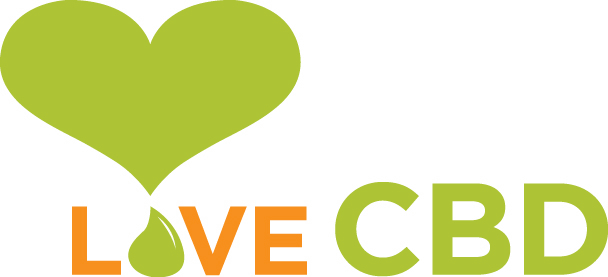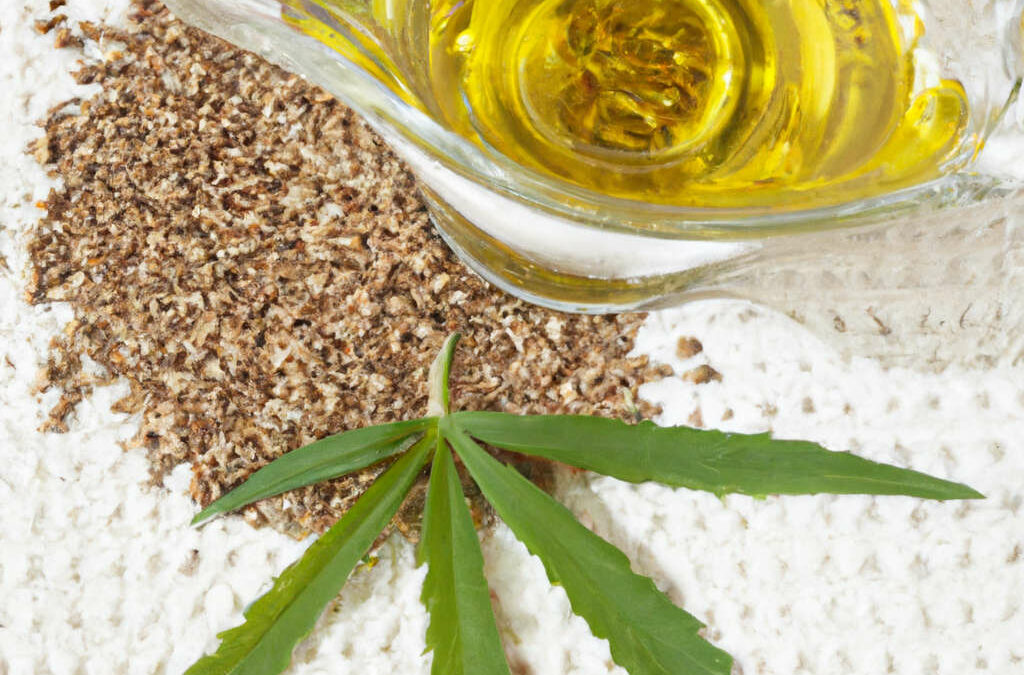The Hemp Plant?
Hemp is a truly incredible plant when you understand the huge scope of uses, environmental benefits, and properties of the plant.
Hemp can be used to make clothing, as an alternative fuel source, as animal feed, as hemp seed oil, as medicine, and even as housing material such as hempcrete. Hemp is also of course also used in the production of CBD products including CBD oils, CBD capsules, cosmetics, and CBD e-liquids using extracts from the hemp flowers.
It is believed to have first been cultivated around three thousand years ago when it was primarily used for making clothing, rope, animal food, and pressed into hemp seed oil. An interesting fact about hemp is that it was made law by Henry V111 that a portion of land had to be used to grow hemp in order to supply the Royal Navy with hemp to make the sails used in their fleet of ships.
There is some confusion about Hemp and Cannabis because they are essentially 2 Genera of the same plant. The most common being Cannabis Sativa L and Cannabis Indica. Cannabis Sativa plants are generally taller with long stems and leaves which have longer blades whereas Cannabis Indica plants don’t grow as tall and are generally wider with shorter leaves.
Hemp is legal and approved strain of Cannabis Sativa L which have less than 0.2% THC in the EU, though this may be changing soon or 0.3% THC in the US. The hemp flowers which are used to make CBD products contain many cannabinoids including CBD, CBDA, CBG, CBC, CBN, and THC, which is the psychoactive ingredient that can make us feel ‘high’ or ‘stoned’. A broad spectrum of full-spectrum extract will also contain flavonoids that produce the cannabis taste and terpenes including beta-caryophyllene (in itself a cannabinoid), myrcene, limonene, linalool, etc, which are responsible for the characteristic cannabis smell.
Hemp is also able to sequester significantly more CO2 from the atmosphere than almost any other plant and as a result, produces significant potential environmental benefits. Love CBD estimates that in the last year, the hemp grown that goes into our products has sequestered about 70 tonnes of CO2. This is based on the acreage of hemp used and the average amount of C02 hemp sequesters per acre. This is the equivalent of 35 cars’ annual C02 output.
What is Hemp Oil?
It’s made from hemp seeds which are cold-pressed into an oil. It is commonly used in cooking and is packed with nutrients and vitamins including vitamin c, calcium, iron, omega 3 and omega 6 fatty acids. Hemp is a rare food source that has an equal ratio of omega 3 to omega 6 which is considered to be very beneficial to supporting good health and well-being. Having high levels of omega 6 commonly found in fish oils though beneficial in moderation is not recommended in a high dose.
Hemp seed oil as well as being used in food is also found in cosmetic products like our Love CBD Balm and adds skin nourishment properties.
Is Hemp Oil the Same as CBD Oil?
The short answer is NO! Hemp seed oil is made from the seeds of the hemp plant, which contain very few cannabinoids compared to the flowering tops of the plant which are used to produce CBD oil.
The confusion arises because the hemp plant is used to produce both hemp seed oil and CBD oil. The main difference between the two oils is the part of the hemp plant that is used and the extraction process required to produce the oil. Hemp oil is traditionally produced by cold pressing the seeds which is a very simple and old technique of making oil. CBD oil has a few methods in which the oil is produced, the two most common being CO2 and solvent extraction. Solvent extraction using a food-grade solvent is the most common method as CO2 methods are unable to remove controlled cannabinoids including THC and CBN from the extract and are therefore likely to be illegal within the UK. This is due to the strict and unreasonably low levels required of the CBD industry with no basis on safety or scientific evidence!
Although hemp seed oil contains very little CBD, it is packed with other vitamins and minerals which is the main reason why they are used in cooking and eaten as a snack.
It is also important to note that cold-pressed CBD products which are available to buy in the UK are often misleading and in order to contain any significant levels of CBD have to add it in usually with CBD isolate.
What are the uses for Hemp?
As you can see the hemp plant has a huge amount of uses and is a very versatile yet under-utilized plant.
Industrial hemp can be used to make rope, clothes, as an alternative to plastic, and even building materials with great fire-resistant and heat-retaining properties.
The hemp seeds can be used in cooking and as a part of a healthy eating regime as they are packed with vitamins, and omega oils and are a great source of fiber.
Hemp is able to improve the quality of soil which in many parts of the world is a big problem due to intensive farming with harmful chemicals and fertilizers and minimal crop rotations. Hemp is able to draw out the impurities within the soil which makes it a very useful tool for farmers. However, for this reason, it is very important that hemp extracts are tested for pesticides and heavy metals which can be found in the hemp plant and as a result can also end up in CBD products from less scrupulous companies who have poor control over their supply chain.
The Cannabis Sativa strain of hemp is of course also used to make CBD products including the Love CBD range of CBD oils and CBD capsules and if you are reading this then you probably have a good idea about all the health and wellness benefits that CBD can deliver.
Our Favourite Products
Not sure what’s best for you?
Here are our best selling CBD products



